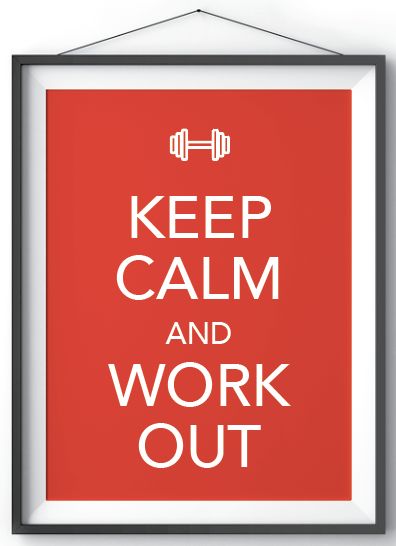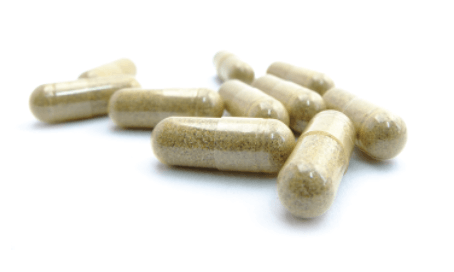Sunshine Superman
Vitamin D—either from supplements or sunshine—strengthens the immune system, elevates mood and lowers blood pressure
Let me save you some time: Every single day, take 5,000 IUs of Vitamin D, absorb light early in the morning, avoid light late at night and feel incredible.
Now, if you have an extra couple minutes to burn, let’s dig a bit deeper.
Our bodies are biologically wired to settle into 24-hour cycles called circadian rhythms. That’s why most people feel better getting to bed earlier at night and getting up earlier in the morning. It’s also why most people who work nights and sleep days struggle mightily to get in sync with their schedule.
But careers on the night shift aside, we live in a society that spews information and entertainment 24/7. It can be all too easy to spend the evening firing up a favorite video game, submitting to the automatic next episode on Netflix or getting lost in the black hole otherwise known as YouTube. Next thing you know, it’s already tomorrow.
Just know that if you stay up late, shortchange yourself on sleep and cope with a sporadic schedule, you’re fighting the natural flow of your ancestors. It might help explain why over 80% of adults are deficient in Vitamin D, an overwhelmingly powerful nutrient they can maintain through a combination of supplements and time spent in the sun.
But getting back to the bright light business, Andrew Huberman, associate professor of neurobiology at Stanford University, has studied the brain extensively, with an emphasis on health and physical performance. When it comes to bright light specifically, his interpretation of the research yields some pretty wild applications.
Our bodies effectively know the time of day from the rising and setting of the sun, and every cell in our bodies operates on a 24-hour clock. That’s 37 trillion clocks working together.
Certain cells in the eyes are activated by specific wavelengths of light present only at low solar angles—like the sun rising in the morning and setting in the evening—instead of high solar angles when the sun is directly overhead at noon.
When activated, these cells send a nerve pulse to a set of neurons that sit just above the roof of the mouth and are called the suprachiasmatic nucleus. These cells govern all the cellular processes of the body. They secrete all kinds of things that flow throughout the entire body to regulate those clocks for all other cells.
If you view each organ of the body as a workstation in a factory, as Huberman puts it, then the suprachiasmatic nucleus is the supervisor that ensures each station of cells does what it needs to do when it needs to do it.
But, there’s more. Exposure to morning light also activates the cortisol pulse, which has a two-pronged effect. First, it moves your system into a heightened state of focus and activation. Second, it starts an internal clock that counts down from 16 hours, the amount of time your cells expect your body to be awake before it’s time to sleep again.
If that isn’t wild enough, when time runs out on that 16-hour clock, the body begins producing more melatonin, a hormone that helps control the wake-sleep cycle.
So, clearly, viewing a few minutes of morning light within the first hour of waking, provided you don’t get up at noon, has a cascade of positive effects on your system.
We’re hardwired to be outside and awake when the sun is up and inside and asleep when the sun is down. The more we sync up with this natural rhythm, the more we optimize our bodies for peak physical performance and position our minds for high levels of mental acuity.
Jim Schultz, Ph.D., a derivatives trader, fitness expert, owner of livefcubed.com and the daily host of From Theory to Practice on the tastytrade network, was named North American Natural Bodybuilding Federation’s 2017 Novice Bodybuilding Champion. @jschultzf3



















